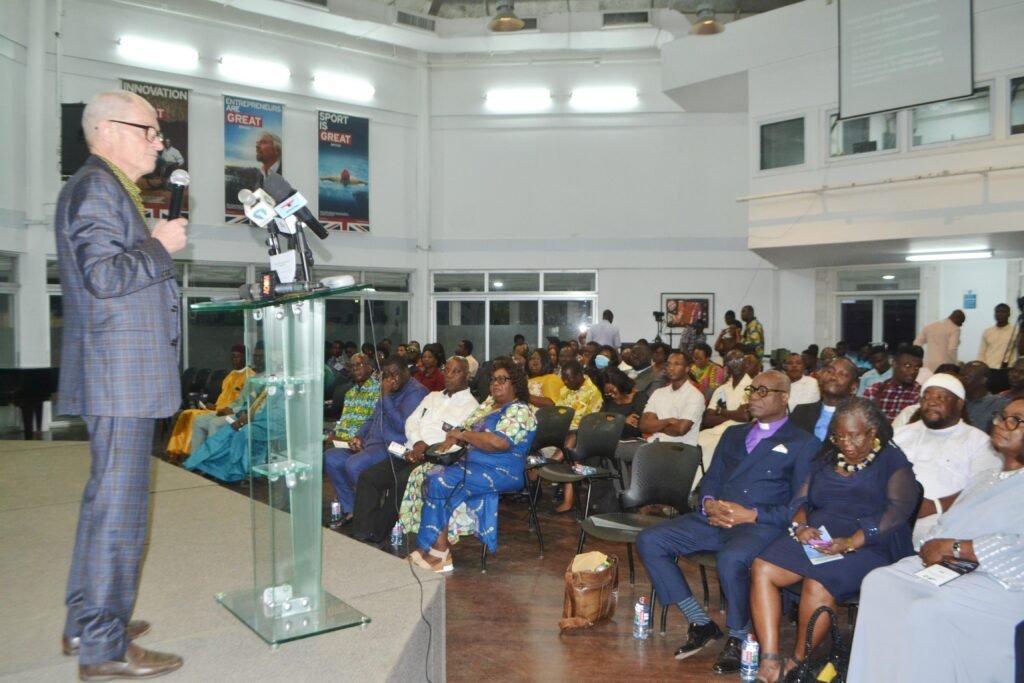
The census night was declared last night, to herald the commencement of trial census at Dormaa West in the Bono Region, Bunkpurugu District in North East Region and Accra Metropolis, specifically Ashiedu Keteke, Ledzokuku, Osu Klottey , Ayawaso West , Okaikwei South.
The census night, which serves as the reference point for data collection on population, is to avoid double count, because in population census each and every individual residing in the country is expected to be counted once.
The trial census is a preparatory activity, designed to test the instruments of data collection, including questionnaires and field processes in the collection of data, in readiness of the country's major 2020 Population and Housing Census.
Throughout the world, population census is considered a very important activity, as it is the pivot around which a country's socio-economic and political developments revolve.
No wonder, the United Nations defines population census as "the total process of collecting, compiling, evaluating, analysing and publishing or otherwise disseminating demographic, economic and social data pertaining, at a specified time, to all persons in a country or in a well-delimited part of a country."
The trial census, to be followed by the 2020 Population and Housing Census, will seek to collect data on the current population of Ghana by age, sex, educational level, marital status, literacy, occupation, type of economic activity, geographical area of residence, social amenities, such as water, healthcare, education, infrastructure and housing conditions.
The last Population and Housing Census, conducted in 2010, puts the population of Ghana at 24,658,823, approximately 25 million people.
Certainly, Ghana's population has increased over the years with births and in-migration, although some government officials continue to rely and quote the 2010 population figure for planning purposes.
It is estimated that Ghana's population is more than 30 million.
Every country needs credible and reliable population census data, which is essential for national development, because it provides the necessary data for effective planning for the delivery of services to meet the aspirations and needs of the people.
Decision and policymakers have come under intense criticisms by population experts and demographers, for either playing down on demographic factors or making inaccurate projection of the population in the national development agenda.
For instance, it is being argued in some quarters that the challenges facing the implementation of Free Senior High School policy, resulting in the use of the leapfrogging strategy of double track system, is perhaps due to neglect of demographic data, which could have been helpful in projecting and making arrangement for adequate infrastructure to contain the numbers of students.
Given the significance of population census to national development, Ghanaian Times wish to appeal to people living in the communities selected for the trial census to fully support the exercise to make it a success.
We also believe the trial census would offer the Ghana Statistical Services (GSS) useful lessons, to adequately prepare and conduct a flawless 2020 Population and Housing Census.
It is our fervent hope that the government will provide adequate resources to enable the GSS to undertake trial census and the 2020 Population and Housing Census to meet the international standards set by the United Nations Statistical Division.
Read Full Story















Facebook
Twitter
Pinterest
Instagram
Google+
YouTube
LinkedIn
RSS